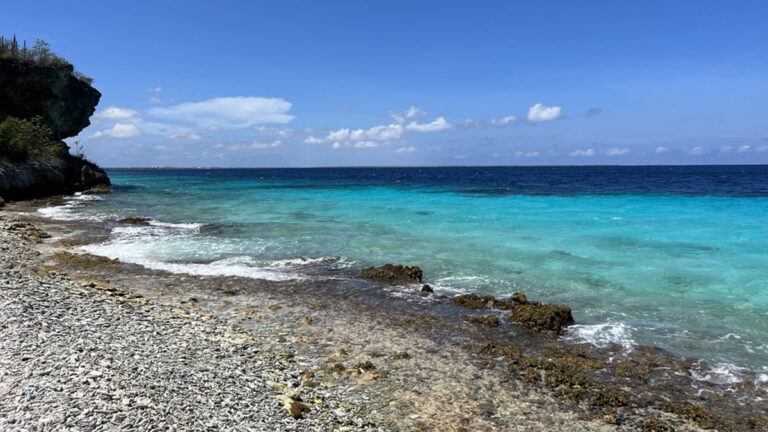
Healthy coral reefs aren’t just essential for the Caribbean ecosystem — they’re also vital for the Caribbean tourism economy.
That’s the impetus behind a major new guide for coral reef restoration specifically aimed at the Caribbean tourism industry.
The new “Guide,” which can be found here, presents best practices for coral restoration, along with key opportunities for the tourism industry.
More importantly, it helps address barriers that “up until now, have hindered hthe Caribbean tourism sector from substantively engaging in efforts to conserve the very marine environments that draw millions of visitors to the region each year,” according to the Nature Conservancy, the Caribbean Hotel and Tourism Association and the United Nations Environment Program, which jointly released the set of guidelines.
“TNC, UNEP, CHTA and CAST developed these new guidelines because we recognized that the tourism sector has an excellent opportunity to amplify coral conservation,” says Ximena Escovar-Fadul, TNC’s Senior Associate, Ocean Planning and Mapping. “In response to the coral reef crisis, there has been a shift on the part of tourism businesses and consumers toward more sustainable travel options. Beyond this ‘do no harm’ mindset, there is an increasing interest in travel activities that can proactively help nature. For example, travelers want to know how they can offset their carbon emissions or take part in restoring the environments that bring them joy when visiting a destination, like coral reefs.”
According to estimates, reef-associated tourism in the Caribbean generates nearly $8 billion per year – or about 25 percent of all tourism expenditure in the region.
That number comes from around 11 million visitors to the region — more than a third of the Caribbean’s annual stay over visitation.
“Coral reefs and the important ecosystem services they provide are critical for economies and communities throughout the wider Caribbean. They generate more than US$8 billion per year for the tourism industry, but they are under serious threat. It is estimated that over half of the live coral in the region has been lost in the last 50 years,” explains Ileana Lopez, Regional Coordinator – Biodiversity and Ecosystems, UNEP’s office for Latin America and the Caribbean. “The restoration of degraded coral reef ecosystems is only possible when political and financial support, scientific innovation and active participation of local stakeholders is combined.”
The guide was developed following months of surveys and discussions with Caribbean tourism industry stakeholders.
“Tourism in the Caribbean, and around the world, suffered a devastating downturn with the pandemic. But as the industry regains its footing, there is a key window of opportunity to attract a wider group of consumers and protect the resources tourism depends on by offering sustainable travel options and engaging in meaningful conservation,” said Nicola Madden-Greig, president of the CHTA. “This is where guidance from our conservation partners becomes pivotal. Many tourism businesses are adopting a sustainable approach and would like to actively contribute to coral conservation, but they don’t have the technical expertise. Or they completed a pilot reef restoration project but lack the capacity to scale up the work. As we continue to share scientific research and best practices, and to address the conservation challenges facing the tourism sector, CHTA and CAST aim to transform travel in the Caribbean, so it not only exists in harmony with our natural world but also benefits it.”